It’s been a dreich start to the school summer holidays. Which is fitting really, because a lot of parents I know were looking towards the break with a sense of gloom.
The cost of living crisis is really starting to bite as these school holidays get under way.
It’s not just energy bills that are skyrocketing. Food and other essentials are creeping up too.
At the shops last week, I was surprised to see a box of stock cubes (that have been £1 in my local supermarket for as long as I can remember) are now £1.65.
In isolation, 50p here and £1 there isn’t much. But when you add these increases up a weekly shop can soon become unaffordable.
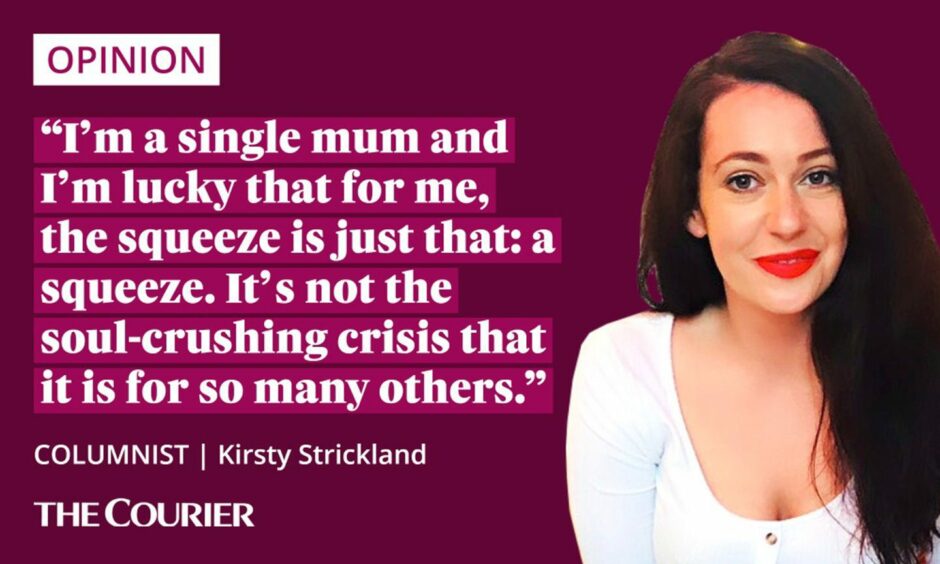
The timing of this latest doomsday crisis is inconvenient to say the least.
Children who are perfectly happy with school lunches and a small snack throughout the day during term time suddenly develop seemingly insatiable appetites as soon as the summer holidays arrive.
I’ve spent the last week fielding requests for snacks from my perpetually “STARVIN’’ daughter.
Mercifully, she’s never experienced the real thing. Proper, long-term hunger: the kind that makes parents feel guilty and children feel sad.
But for many families these summer holidays, food poverty is inevitable.
Cost of living soars during school holidays
A recent report from the Joseph Rowntree Foundation warns of a “year of financial fear” for families across the UK.
The charity says some low-income families have been put in the “impossible position’’ of choosing between paying the rent on time or feeding their loved ones – and “in many cases, unable to do either’’.
And around 7 million households have been unable to afford the essentials such as heating, toiletries and food.
This financial strain is only exacerbated during the school holidays when parents are faced with the rising cost of extra food, leisure and childcare costs.
Of course, the cost of living crisis hasn’t just sprung out of nowhere.
These families were already struggling after a decade of punitive cuts to the social security system, stagnant wages and rising inflation.
But it feels like we’re fast approaching the moment when the pot finally boils over.
Women bearing the brunt as incomes plummet
No amount of savvy shopping or household budgeting plans will ease the burden on those on the lowest incomes.
You can’t financially plan your way out of a situation where there isn’t enough money coming in to cover the essentials.
Among those most exposed to the impact of the cost of living crisis are single parent families, the vast majority of which are headed by women.
It is shocking – though not surprising – to see that even before the pandemic and the cost of living crisis, 49% of all children in lone-parent families were living in relative poverty.
The Government urgently needs to do more to ease the pressure on single parent families. https://t.co/OD5aFgBBwn— Gingerbread (@Gingerbread) July 4, 2022
New research from the IFS shows the UK government’s austerity agenda and cuts to benefits mean half of all children in single-parent families are living in relative poverty.
That statistic – in 2022, in one of the richest countries in the world – should bring shame on all those who have the power to change it.
And the findings of this research are made even more horrifying by the fact that women’s access to abortion is currently under attack, both in the US and from aggressive zealots protesting outside healthcare facilities here in Scotland.
School holidays are for fun – not counting cost of living
I’m a single mum and I’m lucky that for me, the squeeze is just that: a squeeze. It’s not the soul-crushing crisis that it is for so many others.
There are things I can do to navigate this crisis because there’s still room to manoeuvre.
I’m actively looking to take on a second job. I’m breaking the habit of a lifetime and getting organised with meal plans, shopping lists and the like.
I’ve cancelled unnecessary subscriptions and I’m being altogether more mindful in general of my spending.
Basically, I’m doing what many so parents have been doing automatically, every month, during a decade of crippling cuts when their outgoings have increased while their income flatlines or decreases.
And it shouldn’t be like this.
Summer holidays should be a time for families to make memories together.
When I was younger, we couldn’t afford summer breaks abroad. But there was no question of us going hungry or not having hot water for washing.
There were free, council-run summer programmes and clubs nearby. Outings didn’t cost the earth and we had loads of fun.
Child poverty is just one of the many human rights issues facing children and young people across Scotland.
We would love to hear what you think! Are other issues more pressing?
Let us know by completing our survey here: https://t.co/Zt9OOqGh0x pic.twitter.com/nrWSuAdGwI
— Together (@together_sacr) June 29, 2022
Today, there are parents across Scotland who will have woken up to another day of worry and stress about how they will cope over the next six weeks and beyond.
Post-Covid recovery needs to start with the poorest
Parents are experts at hiding these adult burdens from their little ones, but it takes an enormous toll.
Our elected representatives aren’t troubled with similar worries. Which is probably why so many of them pretend that people in poverty are just bad at managing their money.
Too often, discussions around our post-Covid recovery have been focused on getting workers back to the office, or encouraging shoppers back to the high-streets to part with their cash.
But we need to get back to basics.
In the UK, in 2022, one person who has to go hungry because they can’t afford food is one too many.
Low-income families have been hammered by a decade of ideologically-driven austerity policies. They can’t take much more.
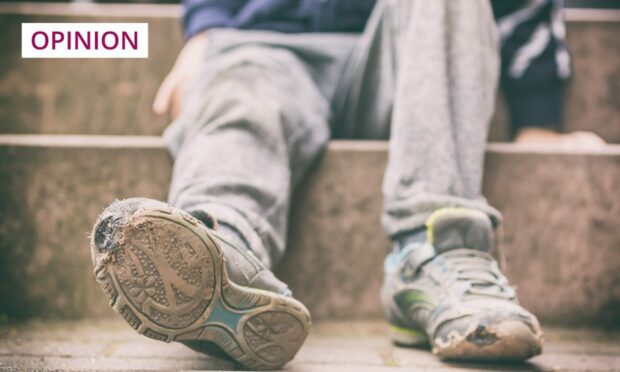
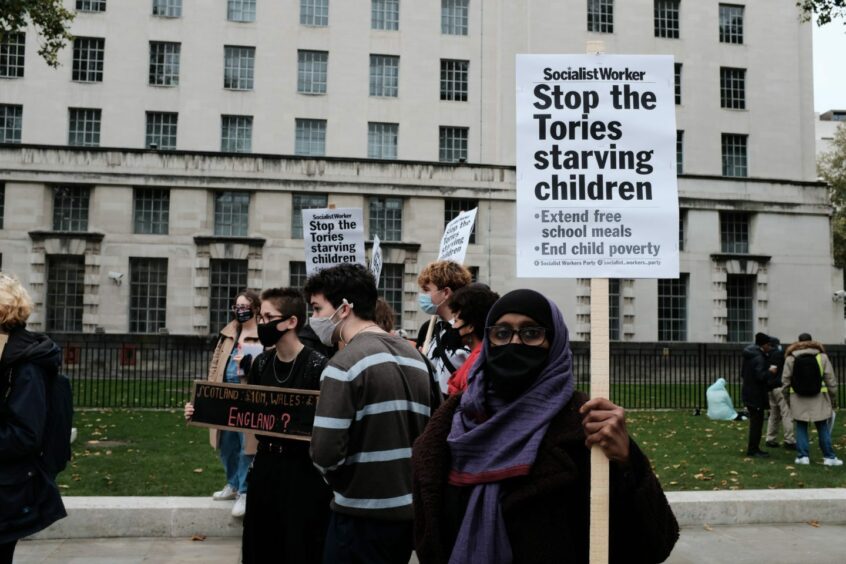
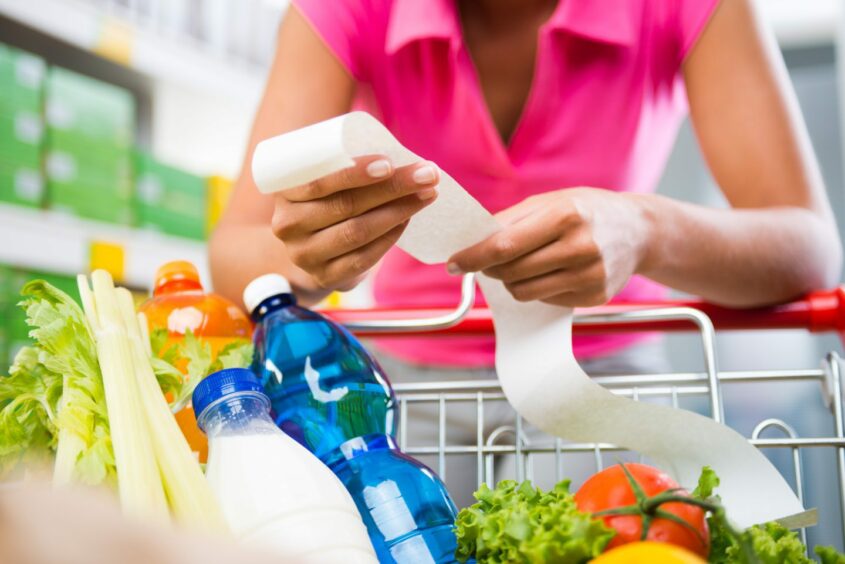
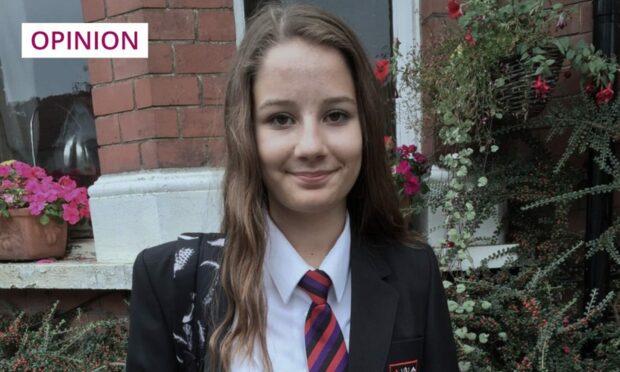


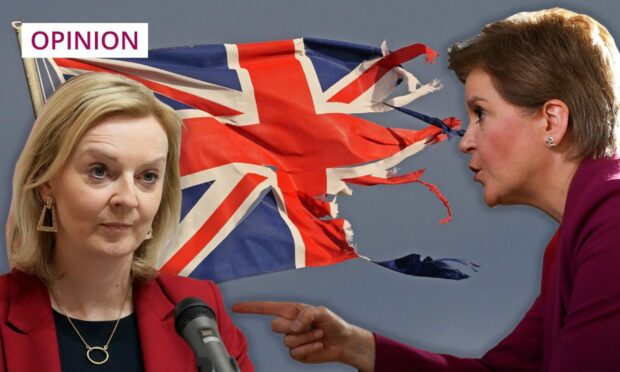


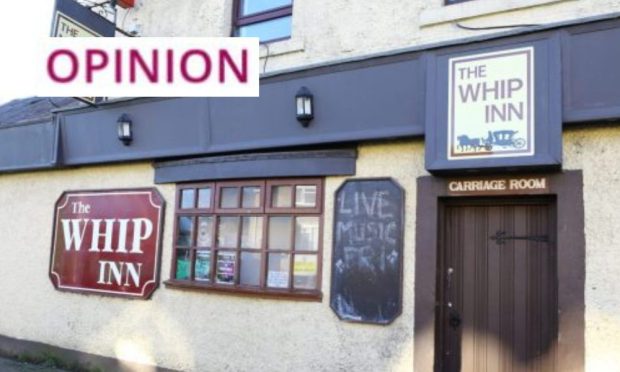
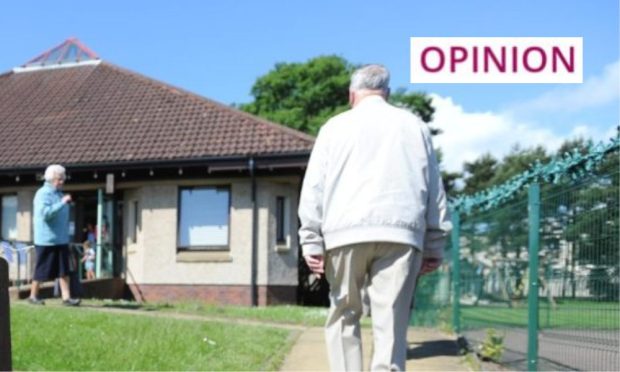
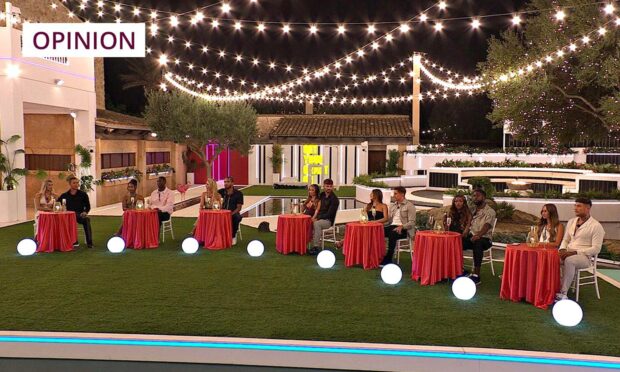
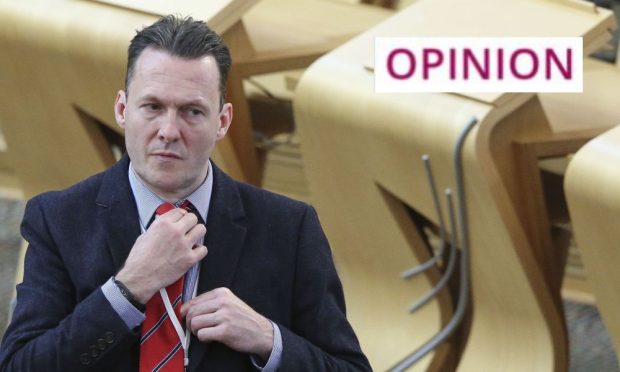
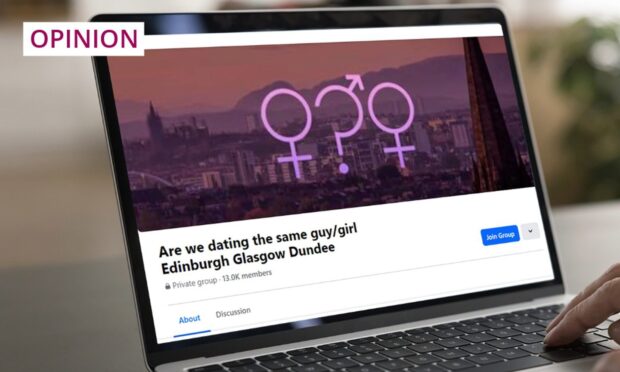
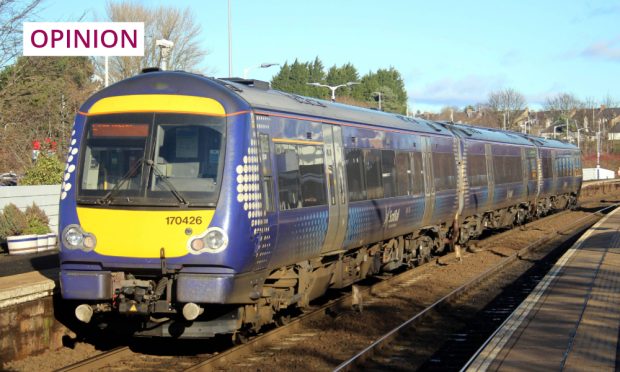

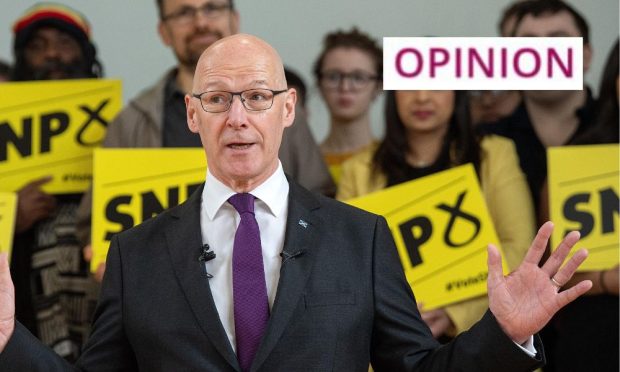


Conversation